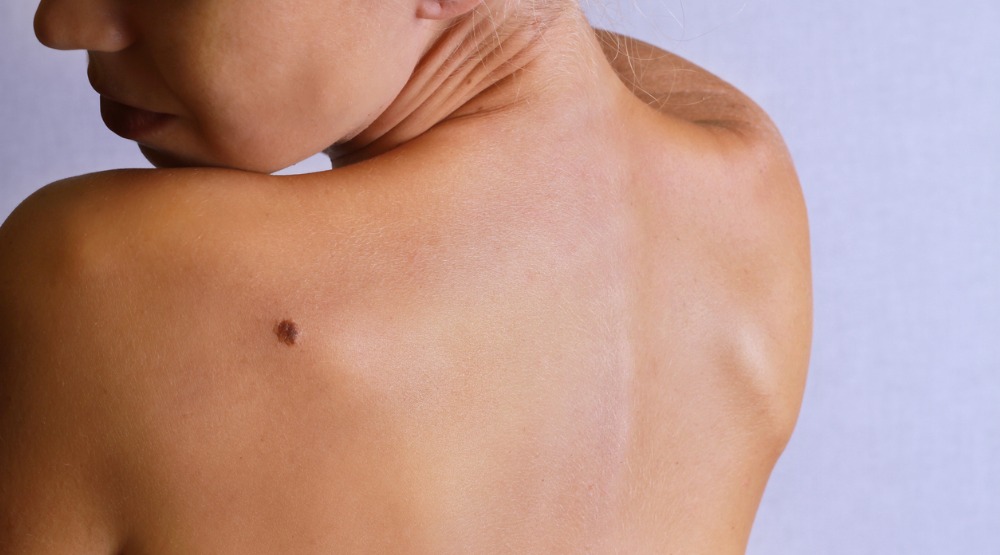The celebrity is using his platform once again to encourage people to proactively get their skin checked for cancers. “I recommend getting a skin check regularly,” he says, “I know I’ve said it before, I know I may be boring you with this.” But with good reason, as he has had several skin cancer scares. Beauty workers are often the first people to notice anomalies on their client’s skin, so it’s worth re-sharing our advice on how to best be the first line of defense again skin cancer for your clients. It might not be a role you’d choose for yourself, but it’s an important one you play nonetheless!
In our article Skin cancer signs all salon staff should know, “dermatologist and spokesperson for the Skin Cancer Foundation, Doctor Susan Bioko, anything that looks unusual justifies a mention. Things to be concerned about include anything that is bleeding, is asymmetrical (‘If you you were cut the spot out and folded it over, one half would not match the other,’ says Doctor Bioko), an unusual colour, a spot that is darker in colour than a regular mole, or something that wasn’t there at the customer’s last treatment.
Beauty therapists play a crucial role in skin cancer detection, says Doctor Bioko. “When a client is coming into a salon for a treatment, they may not even be aware that these things exist on their body. So the ability to see that something is different and to being it to the attention of your customer is an important skill.”
With that in mind though, it is absolutely not the role of the beauty therapist to make a diagnosis. ‘It’s not the job of the salon employee to say so thing looks like cancer, or even that something looks unhealthy. Rather, they should say that something looks ‘different’, and encourage them to see their doctor,’ says Doctor Bioko.
Any beauty worker in Australia will tell you that one of the leading requests is for help with sun-damaged skin. Whether it’s pigmentation, wrinkles or dehydration, you name it, our beauty workers have seen it.”
“And now, more than ever, customers are presenting with another sun-induced condition: actinic keratosis,” wrote Professional Beauty in The cancer-causing condition beauty workers need to know.
“According to skin expert Nicola Kropach, ‘Actinic keratosis is a rough and often bumpy patch of lesion that forms on the skin. These light to dark coloured patches can be found on the scalp, back of hands, face, ears, back of forearms, the neck and shoulders and can sometimes be as big as a 20-cent piece. Developing actinic keratosis increases your risk of skin cancer and if it’s left untreated it could develop into squamose cell carcinoma, which is a form of skin cancer.'”
All of this is particularly important as ‘”along with isolation, many Australians have chosen to forego their regular medical check-ups, and this has extended to skin cancer checks” in the last year as the Coronavirus pandemic took hold.
Professional Beauty wrote that “according to Australian doctors, skin cancer checks are down as much as 50 per cent, causing great concern for the health of thousands of Australians” in Beauty workers must encourage customers to get skin checked. Hopefully, preventative skin cancer checks will tick up again now that Covid-19 has been contained in Australia.
Read Professional Beauty’s skin cancer archives here.
—
Read the current issue of our digital magazine here:
For more news and updates, subscribe to our weekly newsletter.

